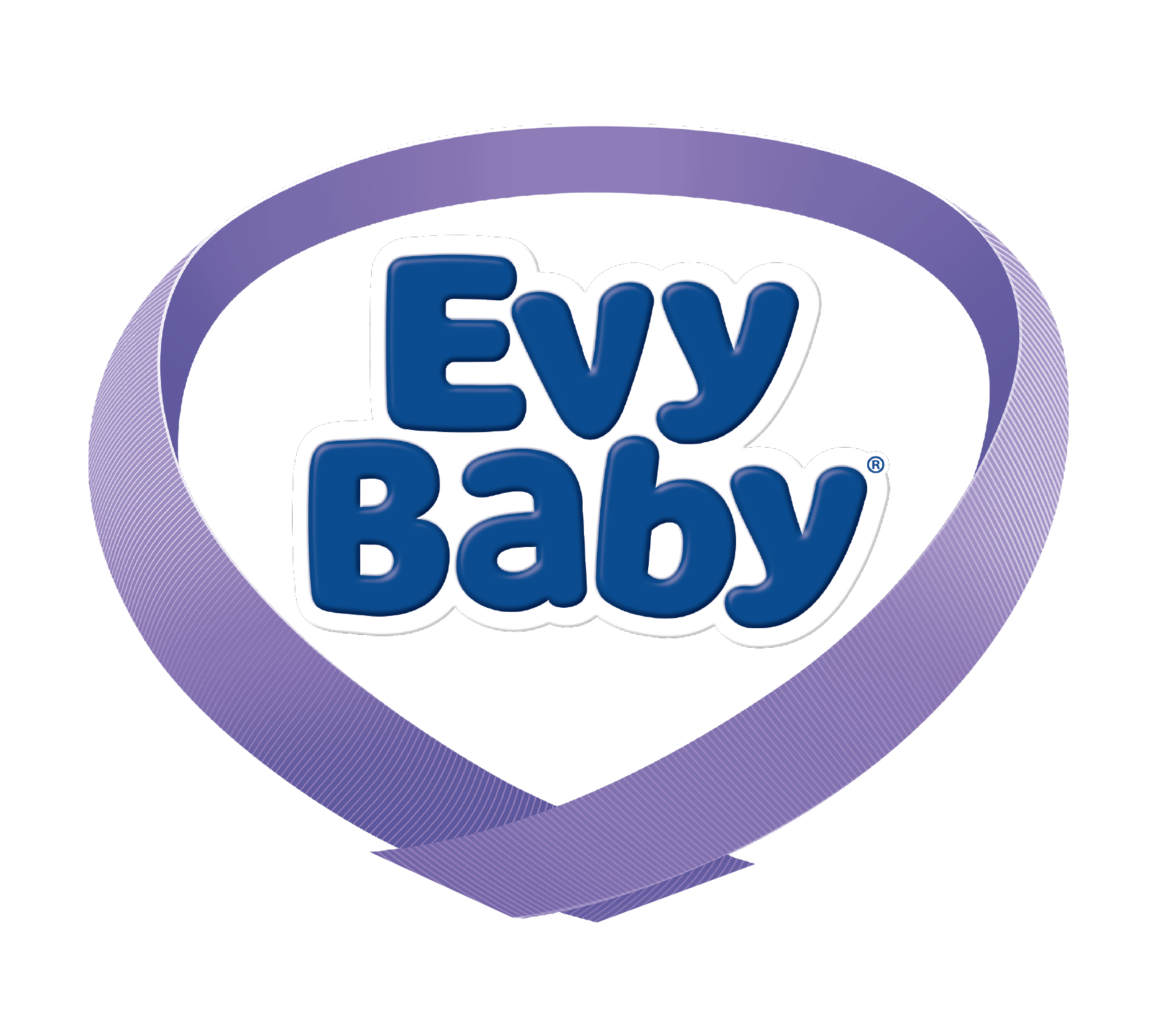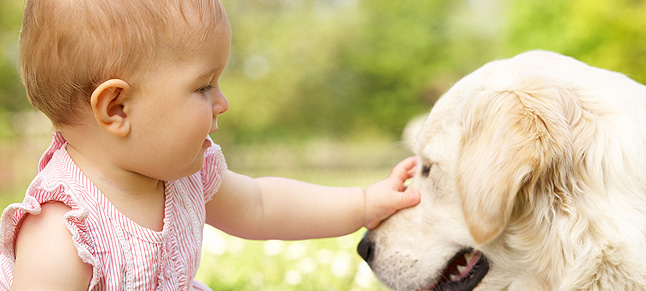

Baby’s Communication with Pets and Animals
At Mom’s Land, this week’s subject is communication between our babies and pets. Domestic animals are important for humans’ mental and emotional development. Love for animals is a reflection of relationship with the nature. Babies and kids try to communicate with everything they see in nature and they are curious about them. The diversity, appearances, and characteristics of animals attract babies very much. They want to touch them, play with them and try to discover them.
Discovery and Mental Development
Every discovery that the baby makes accelerates her mental development. Babies love pets, as time passes they establish new relations where they have an opportunity to examine them. In every bond that they establish with animals, they experience new and different emotions.
Moral Development
Expert psychologists say that kids who have discoveredlove for animals during infancy will have the courage to take on their responsibilities in later ages. Feeding, caring, loving animals and communicating with them is important for learning that there are other valuable creatures, leading children away from ego-centrism
Rehearsal before Involvement in Social Life
With pets, the child makes a rehearsal of communication with people. The child commiserates with the animals, shares everything with them. When she domesticates her pet, she takes on responsibilities, and enjoys helping others through giving. She learns how to be courageous against fears. This improves her characteristics like loving, being protective and independent.
Paying Attention to the Risks
It is important to be alert for the possibility of clawing or biting by cats and dogs. You should ensure that the vaccinations and routine care of the animals that are likely to communicate with the baby are made. Pesticides should be applied against internal-external parasites. The cats not need to be washed because they clean themselves by licking their hair but there is hygienic benefit to wash the dogs at frequent intervals. Brush and comb their hair regularly. For birds, it is necessary to be careful against chlamydia and salmonella microbes. When you touch a bird or a cage, wash your hands with soap. There is no vaccine available for domestic birds. The cages and their bases should be regularly changed. You should clean your aquariums regularly against the risk of fungal growth. Most parents are worried whether their babies or children could be allergic to animals. A study carried out in Sweden showed that children growing up with pets at an early age do not have increased risk of allergies. It is even reported that diseases such as sinusitis, asthma are less common in children growing up with animals. Parents who have babies with risk of asthmatic diseases should not keep domestic animals at home just in case.
In conclusion, as long as conditions are appropriate, you should give your child the opportunity to spend some time together with pets, to play with them and have fun. If you do not have a pet at home, you should go to zoo together with your kids and let them communicate with animals. Give them the opportunity to learn animal love, remember animal love is gained in infancy, and it begins to flourish in childhood and youth